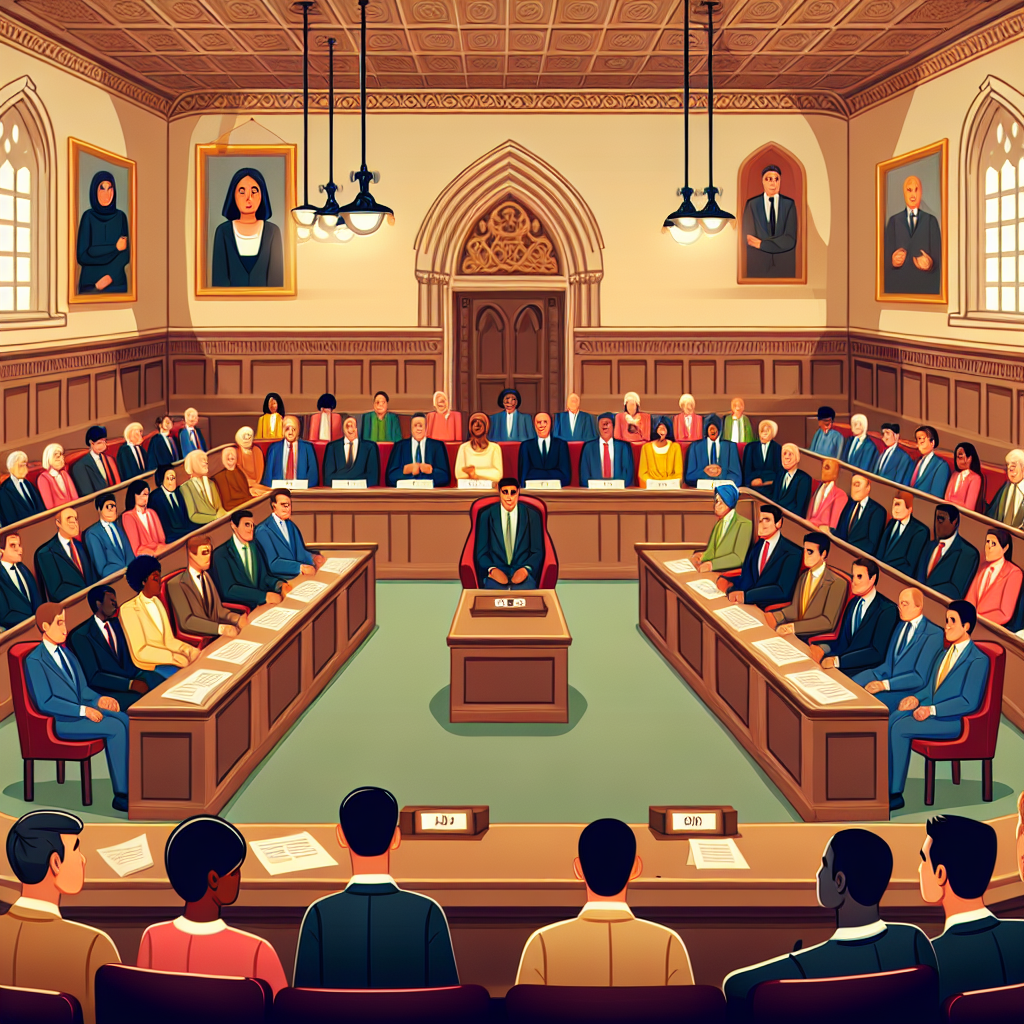Sri Lanka's Parliamentary Elections: A New Era for Dissanayake's NPP
Sri Lanka's first parliamentary elections since its 2022 economic crisis occurred, posing a major test for the ruling National People's Power (NPP) led by President Anura Kumara Dissanayake. Despite the anticipated lower voter turnout of 65%, the NPP seeks a stronger parliament to propel its reformist agenda forward.

- Country:
- Sri Lanka
Sri Lanka conducted its first parliamentary elections since last year's economic meltdown, with polls promising a pivotal challenge for President Anura Kumara Dissanayake's National People's Power (NPP) party. Aiming for a strengthened parliamentary footing, the NPP hopes to drive an anti-corruption agenda with at least a simple majority in the 225-member assembly.
The voter turnout is projected at 65%, down from the presidential election highs. Peaceful polling characterized the event, with security forces ensuring order across over 13,000 stations nationwide. Early vote counts began shortly after polls closed, anticipating first results post-midnight.
In the wake of a severe economic crisis, exacerbated by sovereign default in April 2022, Dissanayake's government is rallying to meet International Monetary Fund targets. This election marks a crucial point in setting a government aligned with both northern and southern interests while the public looks for confidence in a revitalized national leadership.
(With inputs from agencies.)
- READ MORE ON:
- Sri Lanka
- elections
- NPP
- Dissanayake
- parliament
- economic crisis
- voter turnout
- IMF
- campaign
- security
ALSO READ
Congress Pushes for Debate on Judiciary Concerns in Parliament
Conflict in Parliament: Opposition Silence Sparks Democracy Concerns
Delayed Promotions at JNU Ignite Faculty Protests and Parliamentary Discussion
Parliament Silence: Rahul Gandhi's Voice Stifled Again
Trinamool Congress Demands Parliamentary Debate on Voter ID Duplication










